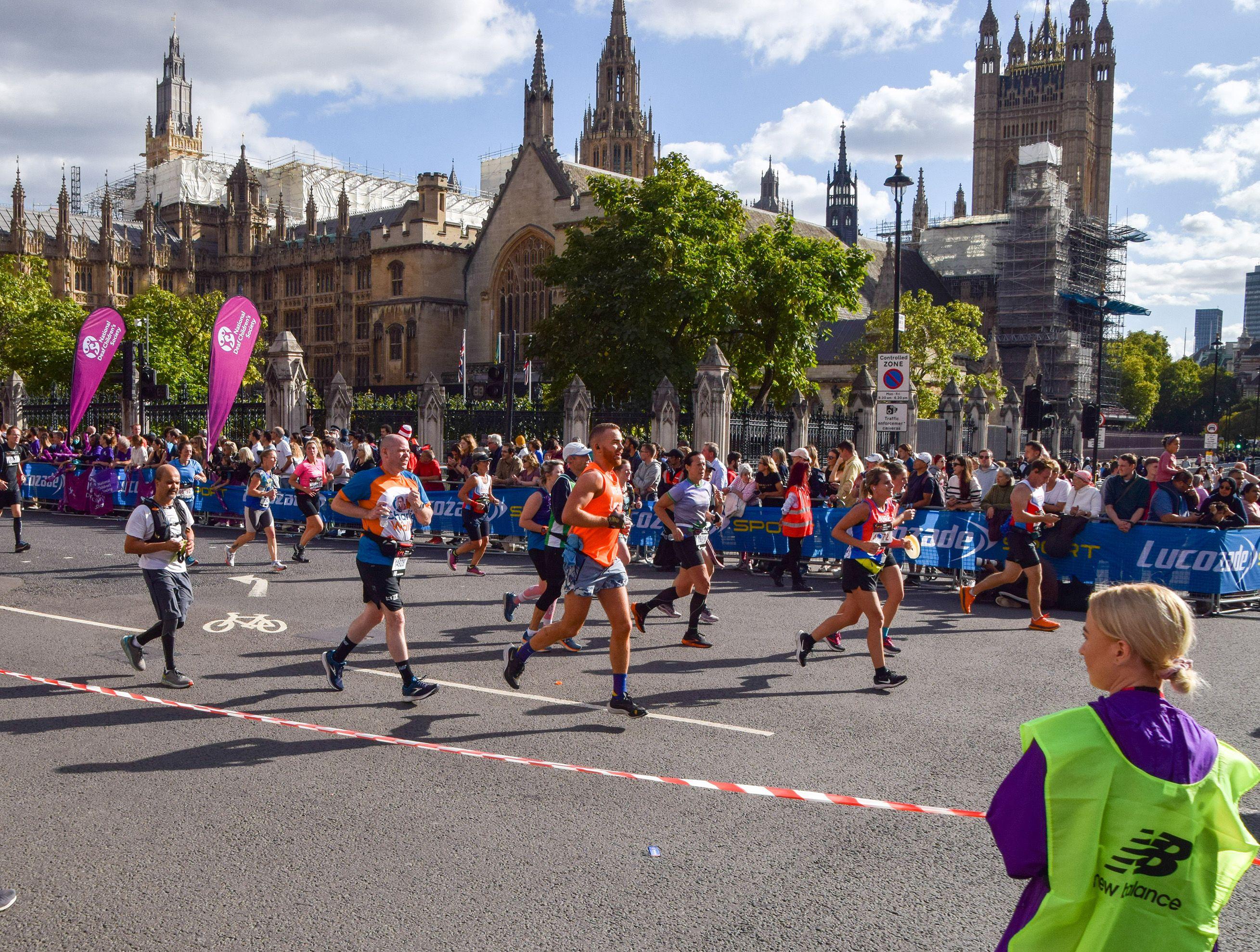Table of Contents
- Exploring the Iconic Route of the London Marathon
- Effective Training Tips for Conquering the London Marathon
- Nutritional Strategies to Fuel Your London Marathon Performance
- Injury Prevention Techniques for a Successful London Marathon Experience
- Q&A
- Key Takeaways


Exploring the Iconic Route of the London Marathon
Embark on a journey through the heart of London with the iconic London Marathon route, a test of endurance and spirit. This legendary route takes runners past some of the city’s most famous landmarks, offering a unique perspective of the bustling metropolis.
From the towering majesty of Tower Bridge to the historic beauty of Buckingham Palace, each mile brings a new adventure. Experience the cheers of the crowd as you push your limits along the Thames, crossing off milestones on this unforgettable quest. Lace up your shoes, feel the pulse of the city, and embrace the challenge of the London Marathon route.


Effective Training Tips for Conquering the London Marathon
Running the London Marathon is a monumental challenge that requires thorough preparation and training. To conquer this prestigious race, consider implementing these effective training tips:- Vary Your Training: Incorporate a mix of long runs, speed work, and london marathon 2024″>cross-training to build endurance and improve overall fitness.
- Stay Consistent: Create a training schedule that fits your lifestyle and stick to it. Consistency is key to building endurance and preparing your body for the marathon.
- Focus on Nutrition: Fuel your body with the right balance of carbohydrates, proteins, and fats to support your training and recovery.


Nutritional Strategies to Fuel Your London Marathon Performance
When preparing for the London Marathon, having a solid nutritional plan can make a remarkable difference in your performance on race day. To fuel your body effectively, consider incorporating a variety of nutrient-rich foods to optimize your energy levels and endurance. Embrace a balanced approach that combines carbohydrates, proteins, healthy fats, and hydrating fluids to support your training and help you cross the finish line strong.Incorporate foods such as whole grains, lean proteins like chicken and beans, colorful fruits and vegetables, nuts and seeds, and plenty of water into your daily meals leading up to the race. Experiment with pre-race fueling options during your training runs to identify what works best for you. Remember, the key is not just what you eat but also when you eat it to ensure proper digestion and sustained energy levels throughout the marathon. By fine-tuning your nutritional strategies, you can enhance your performance and make the most of your London Marathon experience.

Injury Prevention Techniques for a Successful London Marathon Experience
Preparing for a marathon involves not only physical training but also injury prevention strategies. To ensure a successful London Marathon experience, consider incorporating these effective techniques into your routine:
- Proper Warm-Up: Before each training session, warm up with dynamic stretches to increase blood flow and flexibility, reducing the risk of muscle strains.
- Strength Training: Incorporate strength training exercises to build muscle and support joints, enhancing overall body stability and resilience during long runs.
- Cross-Training: Engage in activities like cycling or swimming to give your running muscles a break while still maintaining cardiovascular fitness.
- Proper Footwear: Invest in high-quality running shoes that provide adequate support and cushioning, reducing the impact on your joints and minimizing the risk of injuries.
| Technique | Benefit |
|---|---|
| Proper Warm-Up | Reduces risk of muscle strains |
| Strength Training | Enhances body stability |
| Cross-Training | Maintains cardiovascular fitness |
| Proper Footwear | Minimizes risk of injuries |





0 Comments